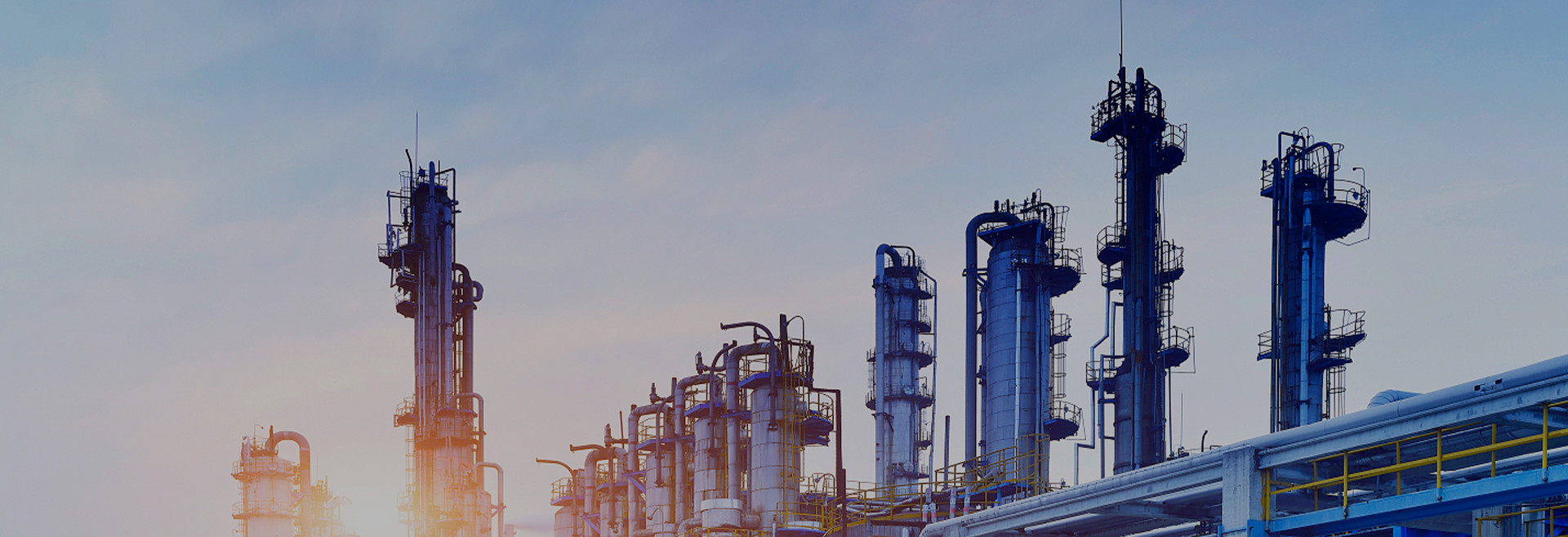Silane is poor in stability and has the following characteristics:
1. sensitive to air: easy spontaneous combustion: silane can spontaneous combustion when in contact with air. At a certain concentration, even at lower temperatures (such as -180 ° C), there will be a violent reaction and explosion with oxygen. When it burns, the flame is dark yellow. For example, during production, storage and transportation, if silane leaks and comes into contact with air, it may cause spontaneous combustion or even explosion accidents. Easy oxidation: Silanes are chemically much more active than alkanes and are easily oxidized. Oxidation changes the chemical structure of silane, which affects its properties and uses.
2. sensitive to water: silane is easy to hydrolysis in water. The hydrolysis reaction produces hydrogen and the corresponding silanol, which changes the chemical and physical properties of silane. For example, in a humid environment, the stability of silane can be greatly affected.
3. stability is greatly affected by temperature: changes in temperature will have a significant impact on the stability of silane. Silane is easy to decompose and polymerize at high temperature. At low temperatures, the reactivity of silane is reduced, but there may still be potential instability.
4. active chemical properties: silane and strong oxidant, strong base, halogen and other substances chemical reaction, resulting in silane decomposition or deterioration. However, under certain conditions, such as isolating air and water and avoiding contact with other active substances, silane can remain relatively stable for a certain period of time.
Post time: Sep-26-2024

